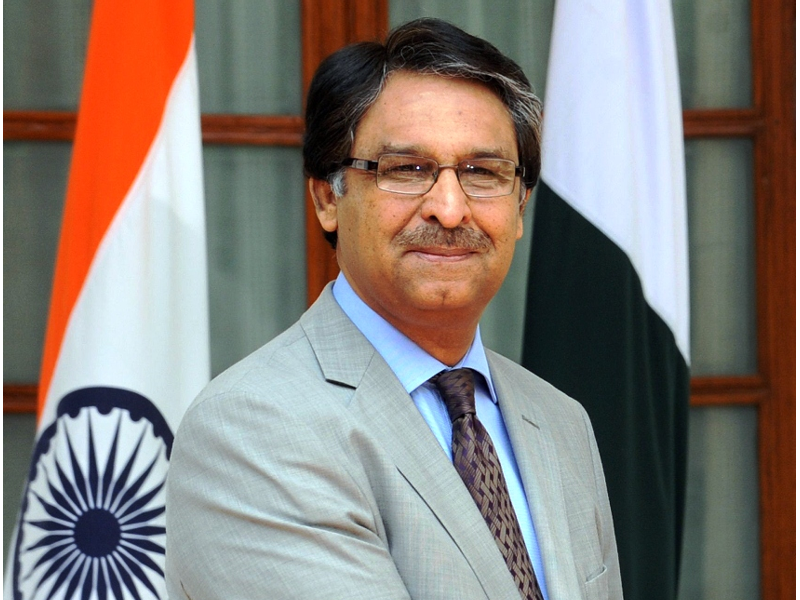Pakistan's peace initiatives toward India met with negative response: Jilani

- 208
- 0
Interim Foreign Minister Jalil Abbas Jilani has expressed Pakistan's disappointment at India's negative response to its efforts for "positive outreach and peace overtures." Speaking at an Asia Society conference in New York, Jilani emphasized the importance of constructive dialogue to address longstanding conflicts like the Kashmir dispute. He stated that Pakistan desires peaceful and cooperative neighborly ties with India and cited examples such as the Kartarpur corridor and high-level visits as gestures of goodwill.
However, Jilani expressed concern over India's alleged human rights violations in Kashmir and the rise of religious extremism, which he believes have further strained relations between the two countries. He called for constructive dialogue on outstanding issues but criticized India's actions during domestic elections for hindering this objective.
Regarding China, Jilani highlighted Pakistan's strong trade and economic ties with the country, emphasizing that Pakistan's relationship with China does not come at the expense of its relations with any other nation, including the United States. He mentioned the China-Pakistan Economic Corridor (CPEC) as a flagship project for enhancing connectivity and expressed the belief that Pakistan can maintain close and cooperative relations with both China and the US.
On the topic of Afghanistan, Jilani stressed Pakistan's commitment to ensuring peace in the region and its engagement with the Afghan interim government and the international community. He mentioned Pakistan's decades-long hosting of Afghan refugees and expressed hope that they would contribute to Afghanistan's economic development once the situation stabilizes. Jilani also urged the international community to delink aid from political considerations and emphasized Pakistan's concerns about human rights issues in Afghanistan, particularly women's rights and education.
In conclusion, Jilani condemned all forms of terrorism and called for global cooperation to combat this menace. He rejected attempts to politicize terrorism based on countries, communities, regions, or religions.

















































